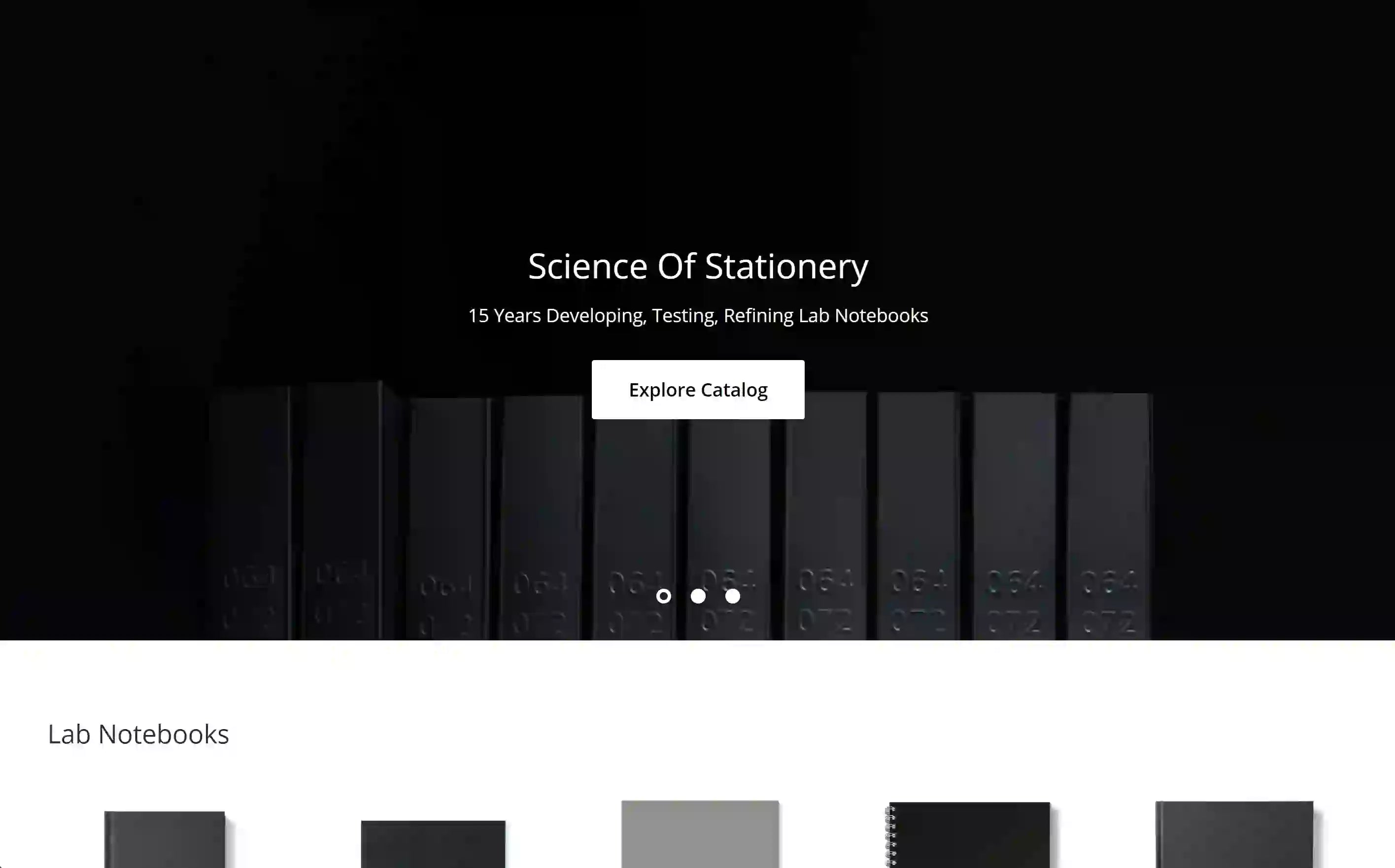For research and innovation, the ability to protect and prove ownership of an idea is as critical as the idea itself. In this blog, we'll explore how physical scientific notebooks have long been an essential tool for researchers, serving as detailed records of their experiments and ideas and crucial pieces of evidence in patent documentation and legal disputes over intellectual property.
Essential for Patent Filings
Detailed Record of the Invention Process
Physical scientific notebooks are invaluable in documenting the detailed path of an invention. For a patent application, it's crucial to establish the "first to invent" status and show the development process of an idea from concept to realization. Each entry in a scientific notebook provides a dated record of the researcher's progress, experiments, observations, and refinements, which can be crucial during patent examinations.
Adhering to Legal Standards
For a scientific notebook to be admissible in legal scenarios, such as patent disputes or court proceedings, certain standards must be met:
- Consistent and Regular Entries: Every significant step in the research process should be recorded in real-time with no gaps in the documentation. This practice lends credibility to the notebook as a factual record.
- Legibility and Durability: Entries must be clear, readable, and made with permanent ink to prevent fading or smearing over time, ensuring that the notebook withstands years of handling.
- Bound and Numbered Pages: A bound notebook with numbered pages prevents the removal or insertion of pages, which could cast doubt on the integrity of the data.
- Witness Corroboration: Entries should ideally be reviewed and countersigned by a witness—an unbiased third party who understands the content but does not have a direct interest in the patent. This step adds an additional layer of validity to the record.
Intellectual Property Disputes
In cases where multiple parties claim the rights to an invention, a well-maintained scientific notebook can be decisive. The detailed, chronological entries help establish a timeline of development that can prove priority and originality in legal challenges.
Challenges in a Digital Age
Despite the rise of digital tools, physical scientific notebooks remain preferred in many traditional research environments due to their simplicity and directness. Moreover, physical notebooks do not require special training or infrastructure and are immune to data corruption, hacking, or other digital vulnerabilities.
However, researchers must ensure that their physical notebooks are stored securely and managed appropriately to maintain their integrity and usefulness as legal documents. Handling and storage conditions should be optimized to preserve these documents over long periods, as patent disputes can arise many years after the original work was conducted.
Secure Your Data with VELA Sciences
Physical scientific notebooks are more than just paper and ink; they are the bedrock of intellectual property protection in the research community. By maintaining these notebooks with diligence and care, researchers safeguard their innovations, supporting their claims to originality and securing their intellectual assets against future legal challenges. Browse the VELA Sciences selection today!



